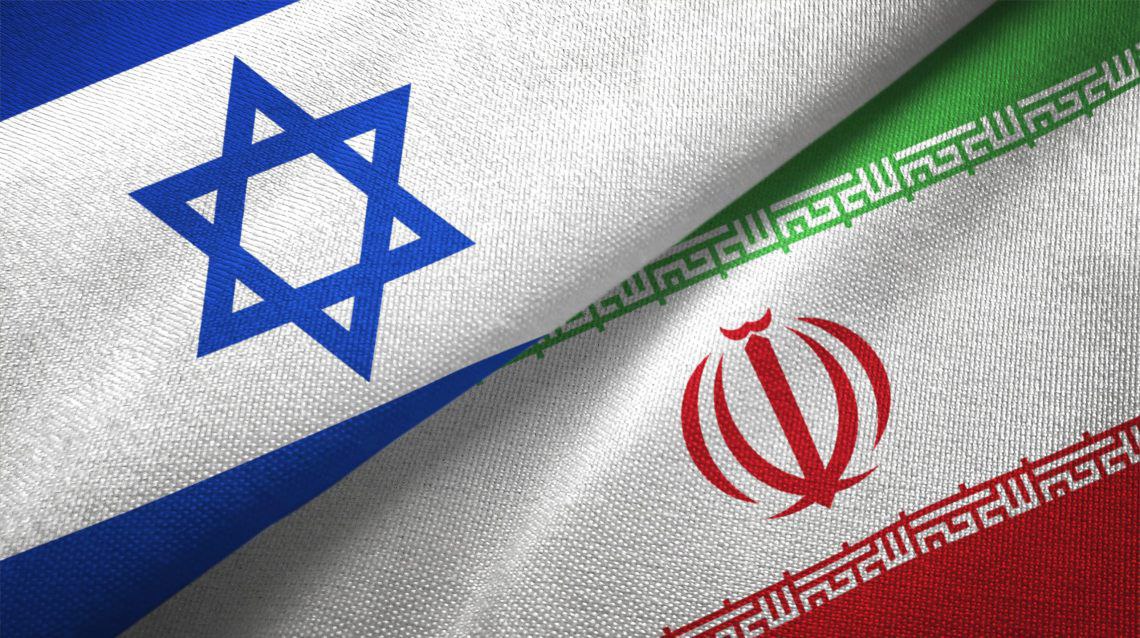Relations between Iran and Israel were stable during the reign of King Mohammad Reza Pahlavi, marked by robust diplomatic and commercial exchanges. However, this dynamic shifted dramatically with the Islamic Revolution of the 1970s, spearheaded by Ruhollah Khomeini, ushering in an era of intense hostility that persists today.
The adversarial relationship between Tehran and Tel Aviv has included both rhetoric and direct military confrontations. Each side has accused the other of supporting insurgent groups that undermine their respective interests.
This protracted period of conflict has seen various escalatory actions, including a recent incident where Israel conducted airstrikes on Iran’s consulate in Damascus, Syria.
In retaliation, Iran launched drone and missile strikes against several Israeli cities last Saturday, which were intercepted by Israeli defenses. Despite international calls for moderation, Israel vowed to hold Iran accountable.
Further tensions were highlighted by reports in American media of Israeli strikes on Isfahan, Iran, which Iranian officials quickly dismissed, denying any significant damage.
The rhetoric from both nations has increasingly included threats of removing each other’s governments from the region. The conflict escalated following the Hamas-Israel war, leading to the first direct military engagement between Tehran and Tel Aviv.
Ayatollah Khamenei, Iran’s Supreme Leader, stated, “The vile regime has made a mistake in this matter and must be punished, and it will be punished.”
Historically, Hezbollah, an anti-Israel armed group, was established during Israel’s 1982 Lebanon war with the support of Iran’s Islamic Revolutionary Guard. Hezbollah has been involved in numerous conflicts with Israel, including suicide bombings in the 1980s aimed at forcing Israeli withdrawal from Lebanese territories.
In the 1990s, both Israel and Argentina implicated Iran and Hezbollah in attacks on the Israeli embassy and a Jewish center in Buenos Aires, charges both denied.
The accusations extend to proxy wars, with Israel and the U.S. criticizing Iran for its involvement in regional conflicts through allies in Syria and Lebanon. The recent Hamas-Israel war, which began on October 7, 2023, has only intensified these tensions.
Israeli Prime Minister Benjamin Netanyahu has indicated that his nation is prepared to directly target Iran, emphasizing the advanced capabilities of the Israeli Defense Forces. Israel has been a vocal opponent of Iran’s nuclear ambitions, repeatedly targeting Iranian nuclear sites and associated personnel. Mossad, Israel’s intelligence agency, is also reputed to have stolen documents related to Iran’s nuclear weapons program.
Journalist Kambiz Ghafouri speculates, “There is a small chance that Israel’s recent attack might be a diversion from a larger impending strike. We can’t be sure. If true, tensions will inevitably escalate. If they retaliate, Iran will respond fiercely, potentially plunging the region into further conflict. However, if the Isfahan attack was indeed Israel’s final reprisal, tensions might deescalate.”
As the U.S. and its Western allies continue to support Israel through sanctions aimed at curtailing Iran’s capabilities, the prospect of enduring hostilities looms large. Meanwhile, the international community strives to broker peace between Israel and Hamas, amidst fears that the Iran-Israel conflict could further destabilize the Middle East.





